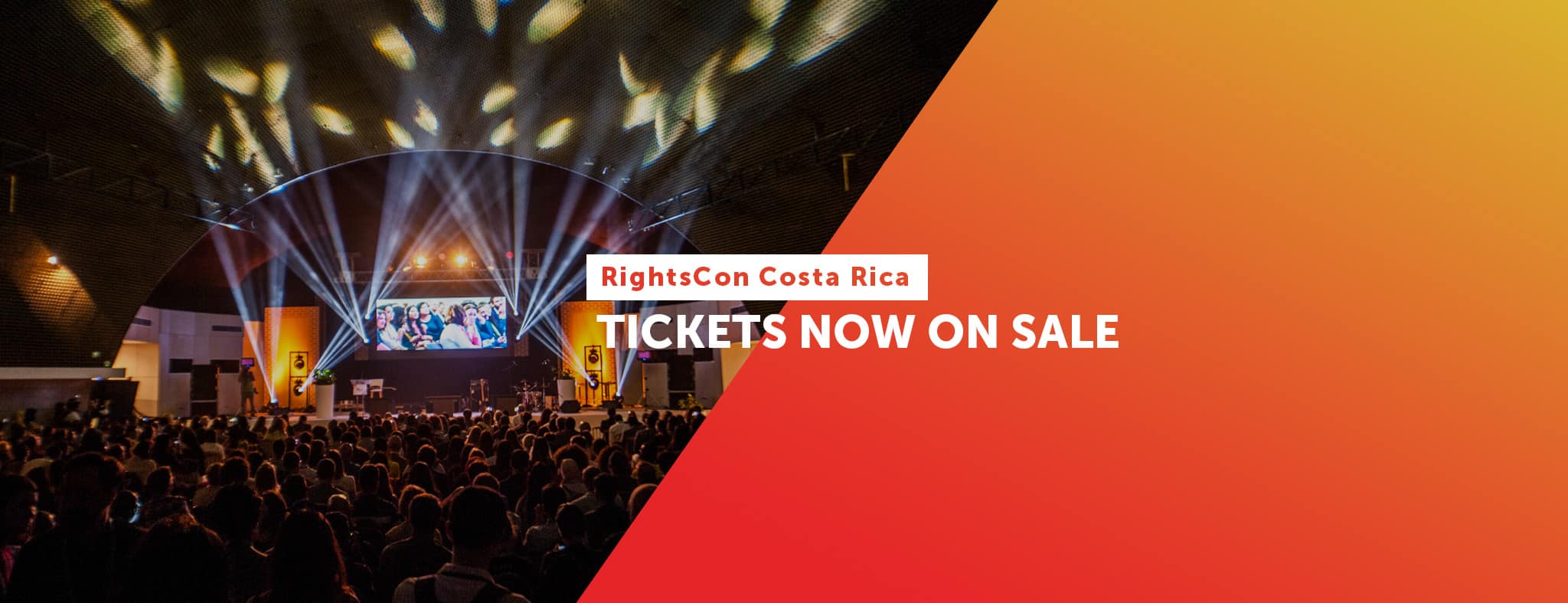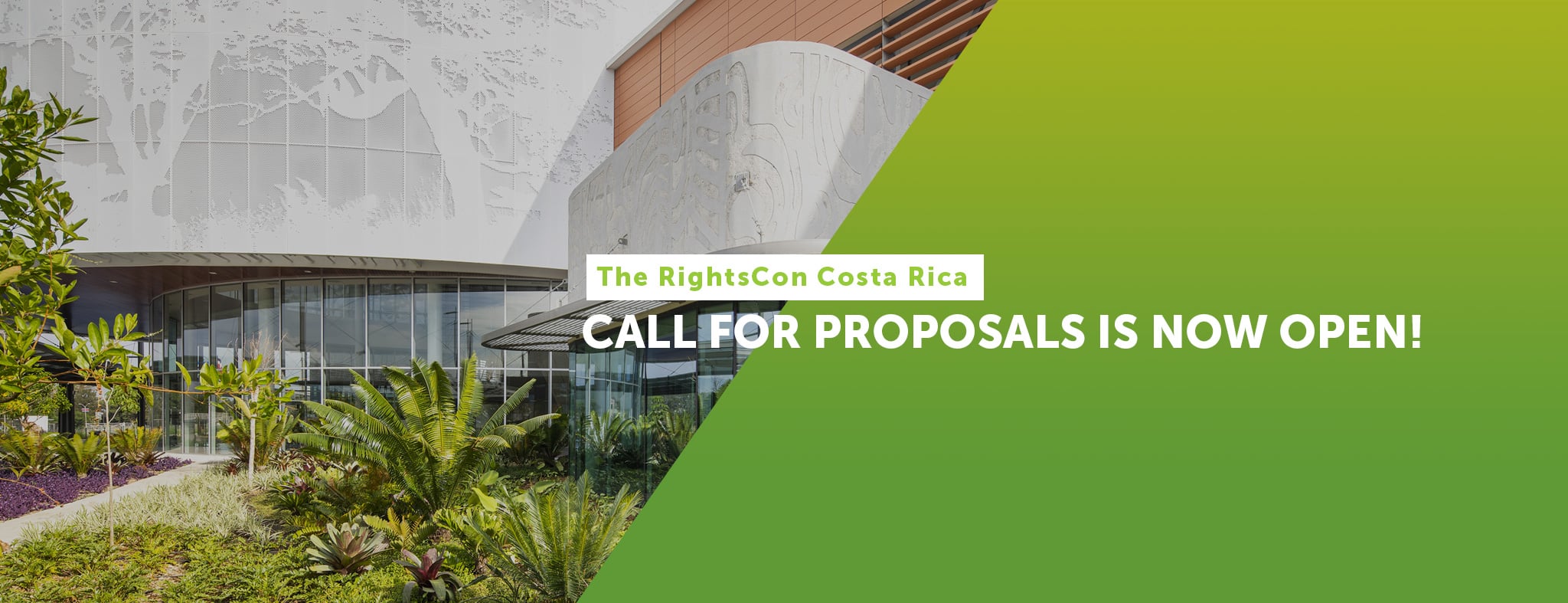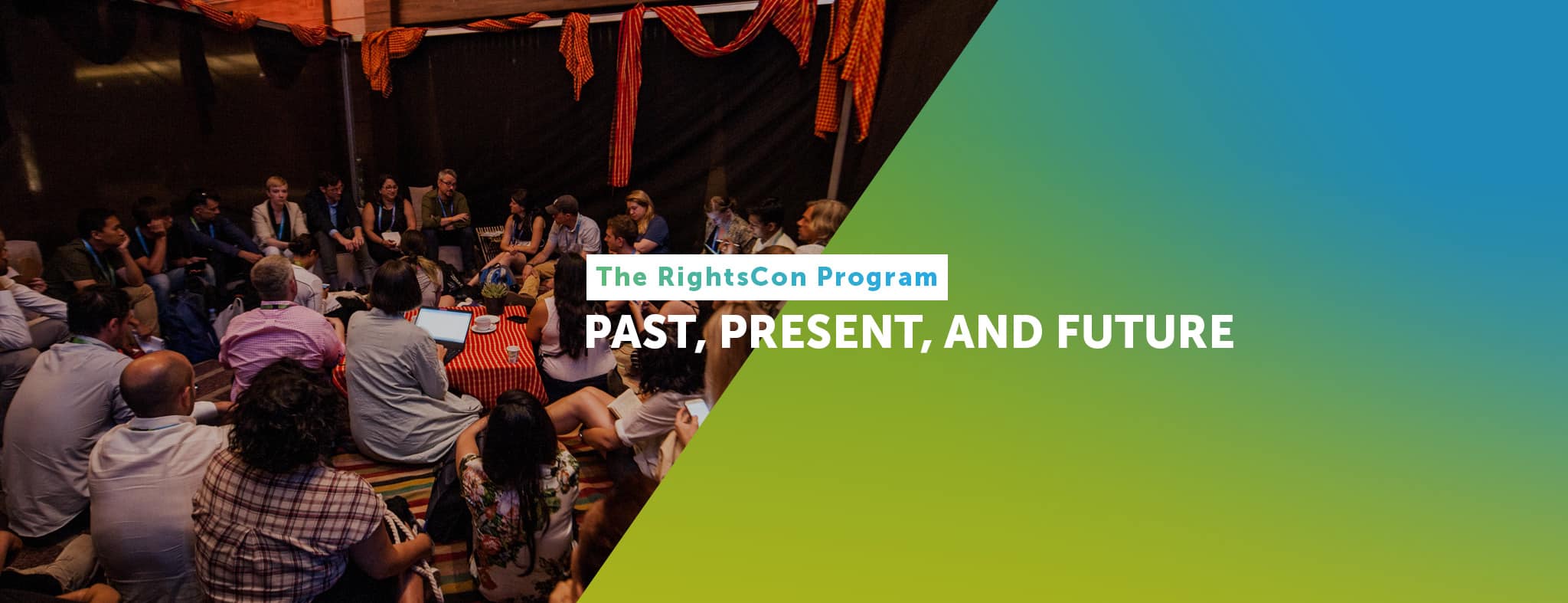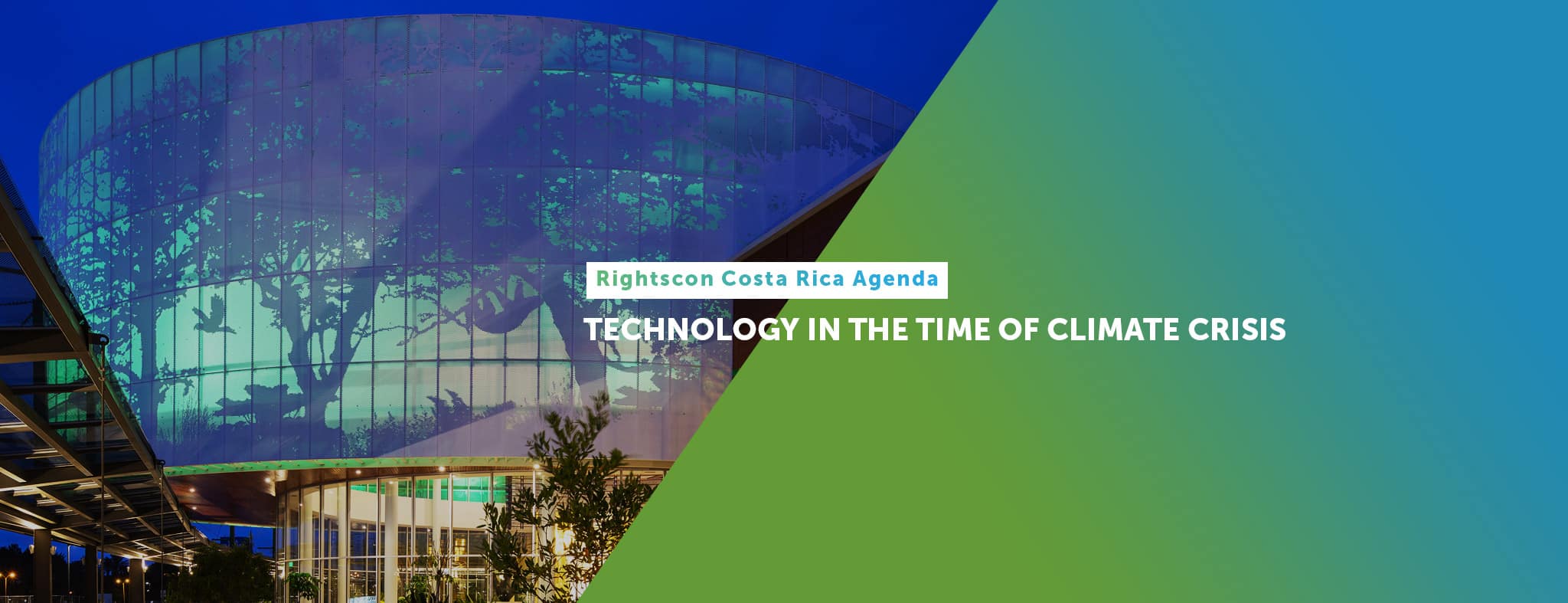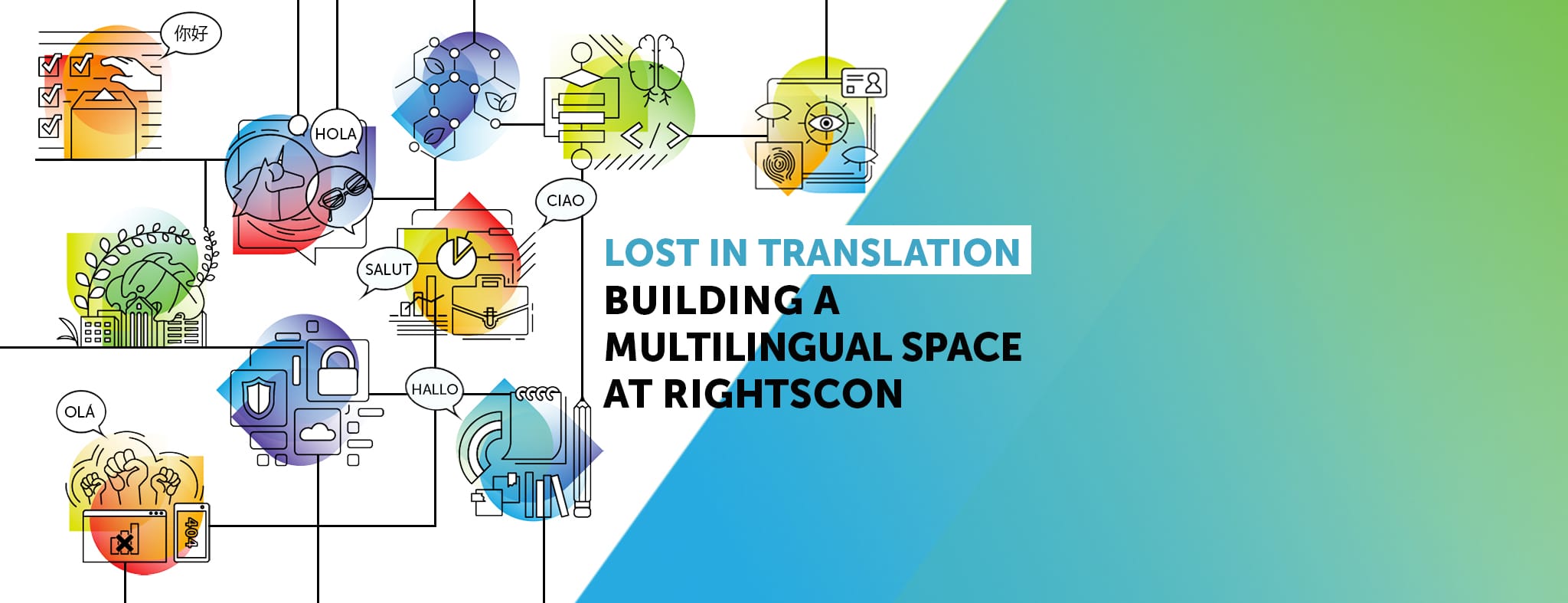
Translation by: Bartosz Mateusz Wojtkuński and Jan Ryzdak
Od dostępu do internetu, przez tłumaczenie maszynowe, aż po projektowanie aplikacji, język jest nierozłączną częścią naszych ewoluujących ekosystemów. Nasze rozumienie języka kształtuje naszą osobowość, nasze poczucie własnej osoby i nasz związek z innymi. Jest kluczową częścią naszej zdolności do nawiązywania kontaktów międzyludzkich i zachowywania naszej kultury oraz historii.
Brak zróżnicowania językowego i dostępności w sferze cyfrowej ma dwojaki skutek. Przede wszystkim, zmienia technologie w komory echa, w których język angielski (jak i inne uprzywilejowane języki) kontrolują znaczną część dostępnej zawartości, co jeszcze wzmaga tę nierówność. Obecnie rodzimi użytkownicy języka angielskiego stanowią zaledwie pięć procent światowej populacji, a jednak 50% internetu jest przystosowane do tej małej grupy. Ta rzeczywistość jest sprzeczna z ideologią wolnego, uczciwego i otwartego internetu.
Po drugie, wykluczenie językowe może zahamować przepływ informacji i sposób, w jaki informacje te są rozpowszechniane i konsumowane, potencjalnie zezwalając przy tym, żeby nieprecyzyjne i stronnicze punkty widzenia przeważyły. Mark Graham z Oxford Internet Institute ujął to w ten sposób: „Bogate kraje w dużej mierze mogą określać się same, zaś te biedne definiowane są przez innych”. Zarówno w skali mikro i makro, skutki ograniczonego czy jednokierunkowego przepływu informacji są dalekosiężne. Na skutek tego często zdarza się, że najbardziej zmarginalizowane grupy są tymi, które napotykają największe przeszkody na drodze dostępu do przestrzeni cyfrowych.
Gdzie język i społeczność spotykają się
Występo

Desde accesibilidad a internet hasta traducción automática y diseño de aplicaciones, el lenguaje está inextricablemente ligado a nuestro ecosistema digital en evolución. Nuestra comprensión del lenguaje informa nuestras identidades, nuestro sentido del ser, y nuestra relación con otros. Es una parte fundamental de nuestra capacidad para hacer conexiones humanas y preservar nuestras culturas e historias.
La falta de diversidad lingüística y accesibilidad en la esfera digital tiene un doble impacto. En primer lugar, convierte las tecnologías conectivas en cámaras de eco donde el inglés (y otros idiomas de dominio o privilegio) controlan una parte descomunal del contenido disponible, que replica y refuerza estructuras de poder desiguales. Actualmente, solo el cinco por ciento del mundo son hablantes nativos del inglés y, sin embargo, el 50 por ciento de la web atiene a ese pequeño grupo demográfico. Esta realidad sesgada va en contra de la filosofía fundamental detrás de una Internet libre, justa y abierta.
En segundo lugar, la exclusión lingüística puede restringir el flujo de información y la manera en que esa información se comparte o consume, permitiendo potenciales puntos de vista imprecisos y sesgados. Como dice Mark Graham del Oxford Internet Institute, “los países ricos se definen en gran medida a sí mismos y los países pobres se definen en gran medida por otros.” Tanto a nivel macro como micro, las ramificaciones de los flujos de información restringidos o unidireccionales son inmensas. Y como suele ser el caso, los grupos más marginados y específicos son los que enfrentan los mayores obstáculos para acceder a espacios digitales.
Donde el idioma y la comunidad se encuentran
Estos desafíos no están limitados a la esfera digital. Las convencion
Translation by: Watanabe Momoko
インターネット利用から機械翻訳、アプリの設計に至るまで、言語は進化し続ける生態系のようなデジタルの世界と密接に結びついています。言葉を理解することは自分らしさや自己感覚、そして他者との関わりを理解することであり、言語とは、人との関係性を築き自分たちの文化と歴史を守るために必要不可欠な能力です。
今日のデジタル社会において言語的な多様性や利便性を欠くことは、大きく分けて2つ影響があります。1つ目に、なによりもまず、それらの欠乏によって英語(とほかの、支配力もしくは特権性が強い言語)が膨大な量の利用可能なコンテンツを制御するようになり、人や情報を結びつけるための技術が、残響室(エコーチェンバー)のように特定の意見や考え方だけが受け入れられる閉鎖的な場に変わってしまいます。不平等な力の構成を増幅、強化させることにつながってしまうのです。現在、世界の人の5パーセントが英語を母国語とする一方で、それらの人々はウェブ利用者の50パーセントにあたるのです。このゆがんだ現実は、無料かつ公正で、開かれたインターネットという基本的原理に反します。
2つ目に、言語的排除は情報の流れとそれらの共有や消費の方法を制御し、不正確で偏った視点をはびこらせる可能性があります。実際、オックスフォード・インターネット・インスティテュートのマーク・グラハム氏は、「豊かな国は自分たちの大部分を自ら定義づけることができ、貧しい国は大部分を�

¿Tiene preguntas sobre RightsCon? Lea nuestras preguntas frecuentes en español aquí.
Early Bird tickets are now on sale for RightsCon Costa Rica (June 9-12, 2020), the ninth edition of the world’s leading summit on human rights in the digital age.
In strategic roundtables, interactive workshops, private meetings, provocative plenaries, lively exhibition space, and more, RightsCon is the global forum for connecting, problem-solving, and driving forward a collective agenda for our human rights.
RightsCon brings together expert technologists, business leaders, startups, government representatives, policymakers, human rights advocates, professors, and journalists. You can learn more about who comes in our speaker highlight reel, and what we’ve achieved together in our RightsCon Tunis outcomes report.
From its long history of democratic stability to its strong record of promoting press freedom, Costa Rica is lighting the path to more open, sustainable, and connected spaces. Our summit in San Jose will be our first in Central America and an important backdrop for the key questions and debates at the intersection of technology and human rights. From surveillance and digital identity systems, to internet shutdowns and connectivity, to migration and conflict response, to climate crisis in the age of technology, topics of global and regional importance will dominate next year’s program.
Get your ticket and book your travel
Your ticket to RightsCon isn’t just an all-access pass to more than three full days of satellite events, official pro

We’ve officially launched our Call for Proposals for RightsCon Costa Rica (June 9-12, 2020)! You have until January 14, 2020 to submit your session.
The RightsCon program is the guiding pillar of our annual summit. Our team works hard to curate a program that reflects the complexity of the issues we work on, and we take seriously our responsibility to convene cutting-edge thinkers and set in motion critical conversations at the intersection of technology and human rights.
Each year, we accept sessions from hundreds of leading technologists, industry leaders, human rights defenders, government representatives, academics, advocates, and journalists from around the world. Our Call for Proposals is open to everyone, because we want submissions that cut across stakeholder lines and issue areas.
Hosting a session at RightsCon is one of the best ways to showcase your work, connect with like-minded leaders, hone strategies, ask for advice, learn new skills, consult users, and build the momentum that fuels our work. Past sessions have led to some pretty incredible outcomes, and set the stage for ongoing collaboration and collective action.
RightsCon Costa Rica, our ninth global summit, will build on the success of RightsCon Tunis — our most ambitious program to date with over 450 unique sessions — and will offer a dynamic space for 3,000+ participants.
Ready to get started?
The guide has all the tools and information you need for submission success. We receive a lot of proposals (last year, there were more than 850 submissions!) and unfortunat

Next week, Access Now is launching our Call for Proposals for RightsCon Costa Rica (June 9-12, 2020), the ninth iteration of our global summit series. The moment is an important one for us: over the course of nine years and nine programs, RightsCon has transformed dramatically.
Our convening has evolved from a small gathering of 400 people in Silicon Valley to a vibrant, interconnected community of nearly 3,000 human rights defenders, industry leaders, technologists, government representatives, and experts worldwide. Our annual program consistently hosts 350+ public sessions divided across a dozen or more tracks, and we’ve seen the growing importance of community-driven models of convening, as local and issue-specific conferences sprout up in countries across the globe.
Yet all too often, we’re so focused on adapting to the tectonic shifts in our technology and human rights landscapes that we don’t take the time to celebrate our achievements, learn from our mistakes, and envision new paths forward. Reflection is critical to our work. It allows us to measure our impact over time and foresee bumps and curves in the road ahead.
As we turn our eyes to RightsCon Costa Rica, we’re thinking about the long-term future and sustainability of our summit series, and what shape it will take in the years to come. In 2021, RightsCon will hit a milestone: ten years of convening, connecting, and building momentum for human rights in the digital age. To prepare for that milestone, our team took a look back at past iterations of the RightsCon program in order to understand how far we’ve come and how our community’s priorities have evolved.
The conversations we had at RightsCon in Silicon Valley, Manila

Today, millions of people around the world are taking to the streets for the Global Climate Strike. The strike – projected to be the largest environmental protest in history – comes ahead of the United Nations Climate Action Summit in New York, and marks the culmination of a broad-based, youth-driven movement to bring the demand for climate justice to the highest halls of power.
As the organizer of RightsCon, we recognize the power of convening and stand in solidarity with those striking. This is a pertinent time for us to also reflect on our role and our responsibility in a time of climate crisis. Since it began, RightsCon has been a space to connect, strategize, and move forward our human rights in the digital age. Over time, the program has adapted and expanded to include new issue areas, reflecting the growing convergence of technology with every aspect of our lives.
Now more than ever, it is our collective responsibility to put climate crisis on the agenda. Every day brings new, dire warnings about the state of our planet. Global carbon emissions are on the rise. The Arctic and the Amazon are burning. Instances of forced migration due to climate change continue to escalate. Environmental defenders are being targeted and killed at alarming rates.
Technology is part and parcel of the monumental task ahead of us.

English
Hace algunas semanas estábamos en RightsCon Túnez — el evento más grande que hayamos hecho a la fecha, con casi 3000 participantes. Cada año, nos quedamos impresionados por la energía, la generosidad de espíritu y el compromiso de la comunidad de RightsCon para construir un futuro mejor. Este año no fue la excepción.
Con 17 ejes temáticos y más de 450 sesiones, el programa de RightsCon Túnez creó un espacio para ampliar los límites y redefinir el significado de los derechos humanos en la era digital. Como este fue el primer RightsCon organizado en África y Medio Oriente, nos propusimos presentar una plataforma donde las personas de toda la región y del mundo pudieran reunirse, y con casi 800 participantes provenientes sólo de Túnez, nos sentimos más que inspirados por la fuerza de este movimiento.
Tenemos para nombrar demasiados momentos favoritos de lo que fue RightsCon Túnez, aquí hay algunos:
- Michelle Bachelet, la Alta Comisionada para los Derechos Humanos de Naciones Unidas, se unió a nosotros en la ceremonia donde premiamos a los y las Héroes de los Derechos Humanos de 2018, quienes están haciendo un trabajo vital para promover la privacidad y la seguridad en todo el mundo.
- Un grupo de Relatores Especiales de las Naciones Unidas emitió una declaración oficial donde destacaron la importancia de defender los derechos humanos en el desarrollo, uso y regulación de los espacios digitales..
- Muchas personas de nuestra comunidad se unieron a la coalición global #KeepItOn parapronunciarse en
Español
A few short weeks ago, we wrapped RightsCon Tunis – our largest summit yet with nearly 3,000 participants. Every year, we’re blown away by the RightsCon community’s energy, generosity of spirit, and commitment to building a better future, and this year was no exception.
With 17 thematic tracks and over 450 sessions, the RightsCon Tunis program provided a space to push boundaries and redefine what human rights in the digital age means. As the first RightsCon hosted in Africa and the Middle East, we set out to provide a platform where people from across the region and around the world could come together, and with nearly 800 participants present from Tunisia alone, we are inspired by the strength of this movement.
We have too many favorite moments from throughout the summit to name, but here are just a few:

In our digitally connected world, every aspect of human rights is impacted by technology. No single issue can be considered in a silo, and the convergence of these issues affirms the complexities we face when defending human rights in the digital age. Now more than ever, it is crucial for policymakers, tech developers, people working in international organizations, development agencies, civil society, and all other stakeholders to come together and achieve shared understandings of how their work uniquely impacts human rights in the digital age.
Today we have published RightsCon Tunis Learnings, a community statement that considers each major topic of conversation at RightsCon 2019, outlining a starting point for centering human rights in each industry and body of work. The statement is a reflection of the thought leadership at the conference and is intended to help people across the globe understand and apply rights-based principles in their work.
Of course, it would not be possible to capture the richness and diversity of the debate that has been taking place among nearly 3,000 participants across 450 sessions over the past week. However, it is our hope that this statement can help begin to communicate out to the world the essential conversations that took place throughout RightsCon 2019, highlighting the most important themes and learnings. In this way, we hope to start building a foundation together that will strengthen our rights across the globe.


